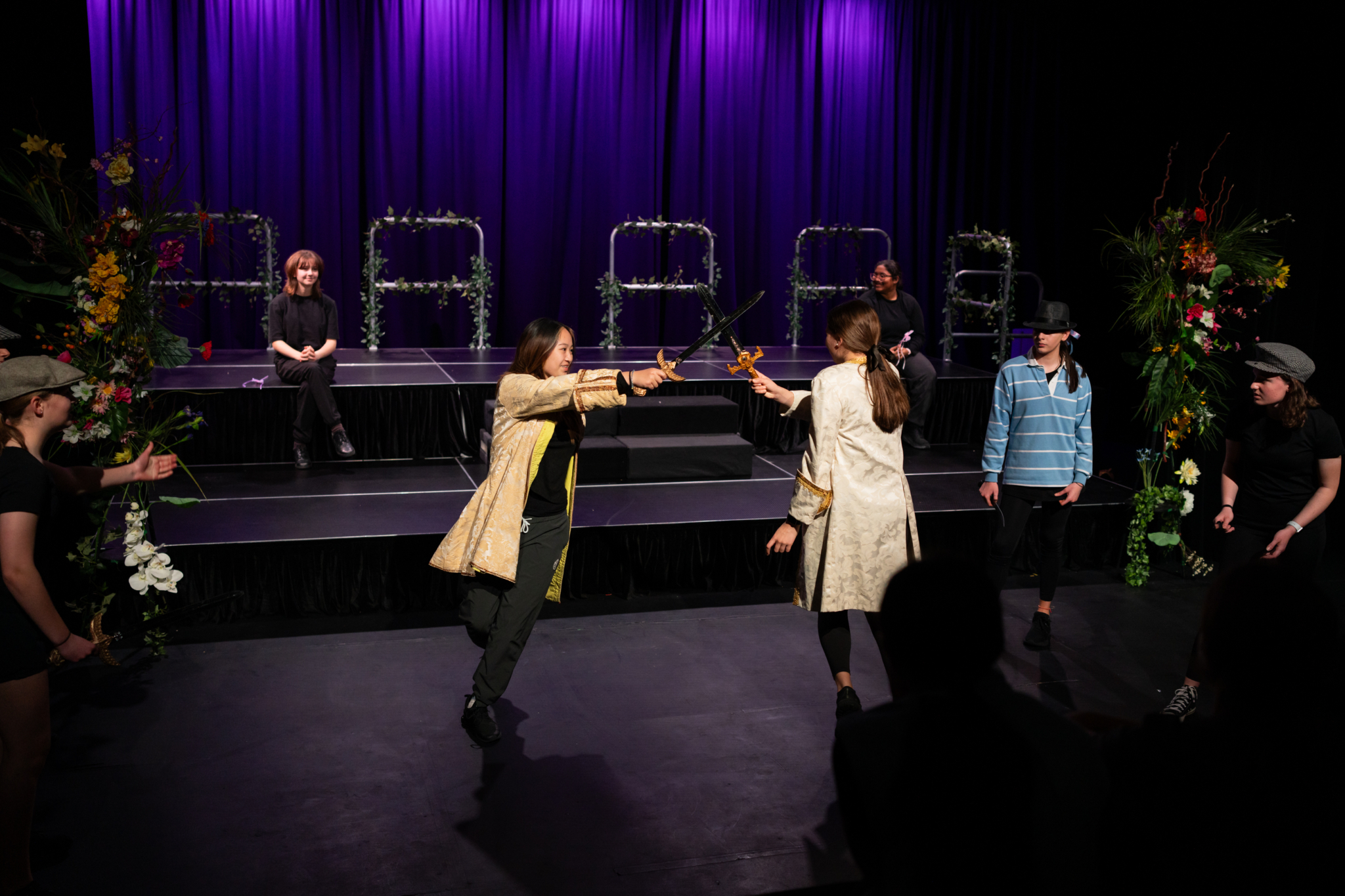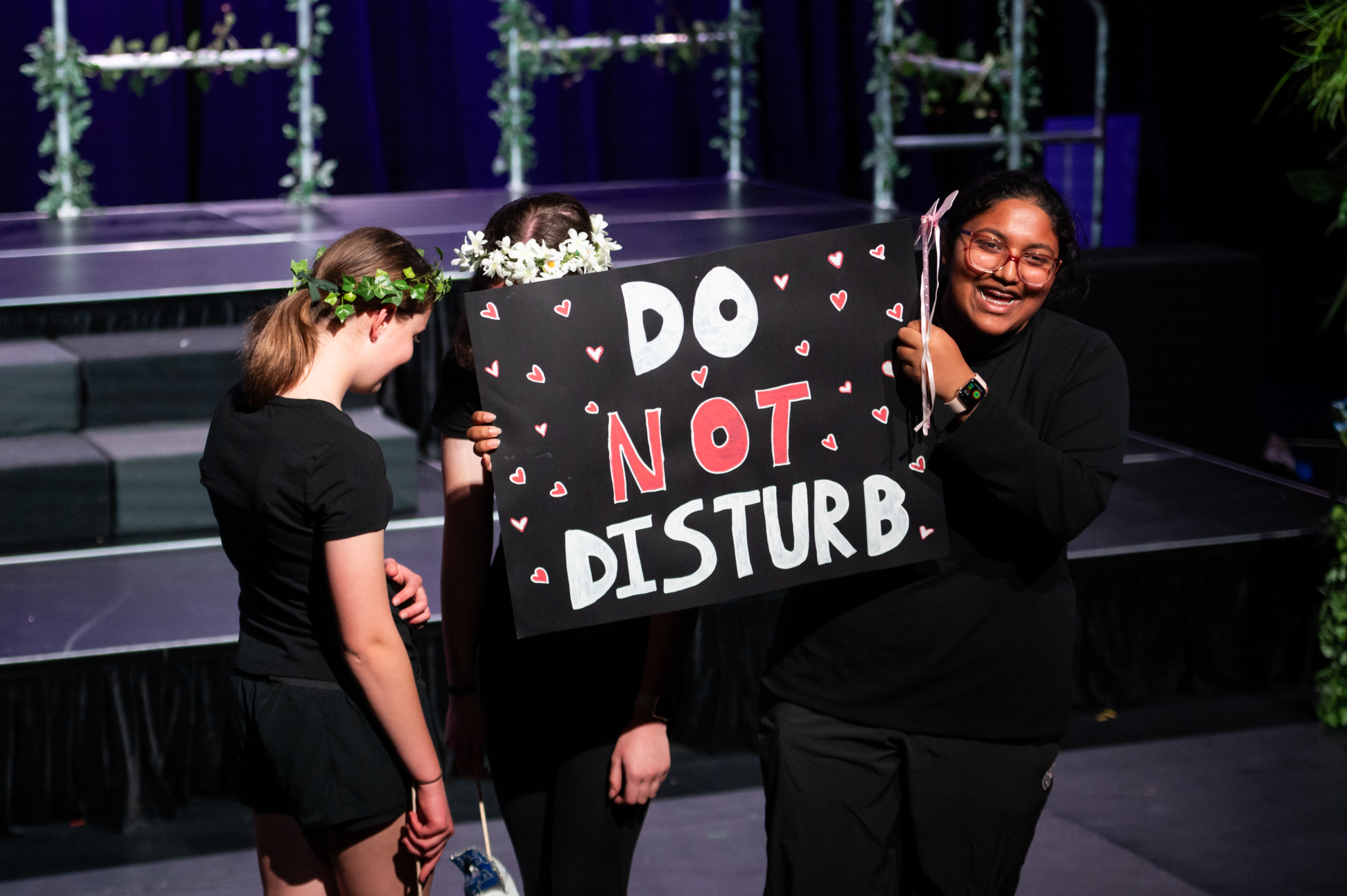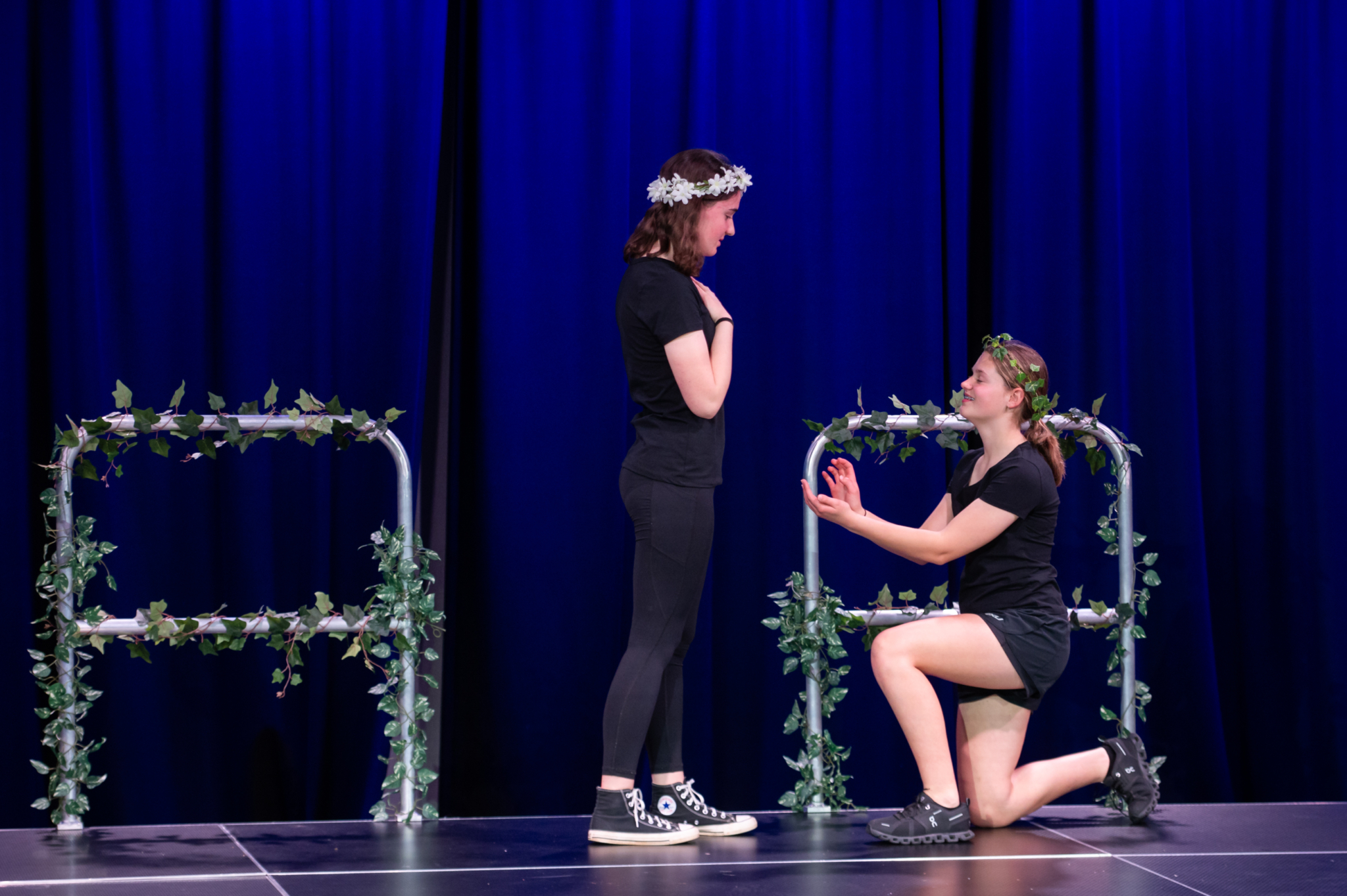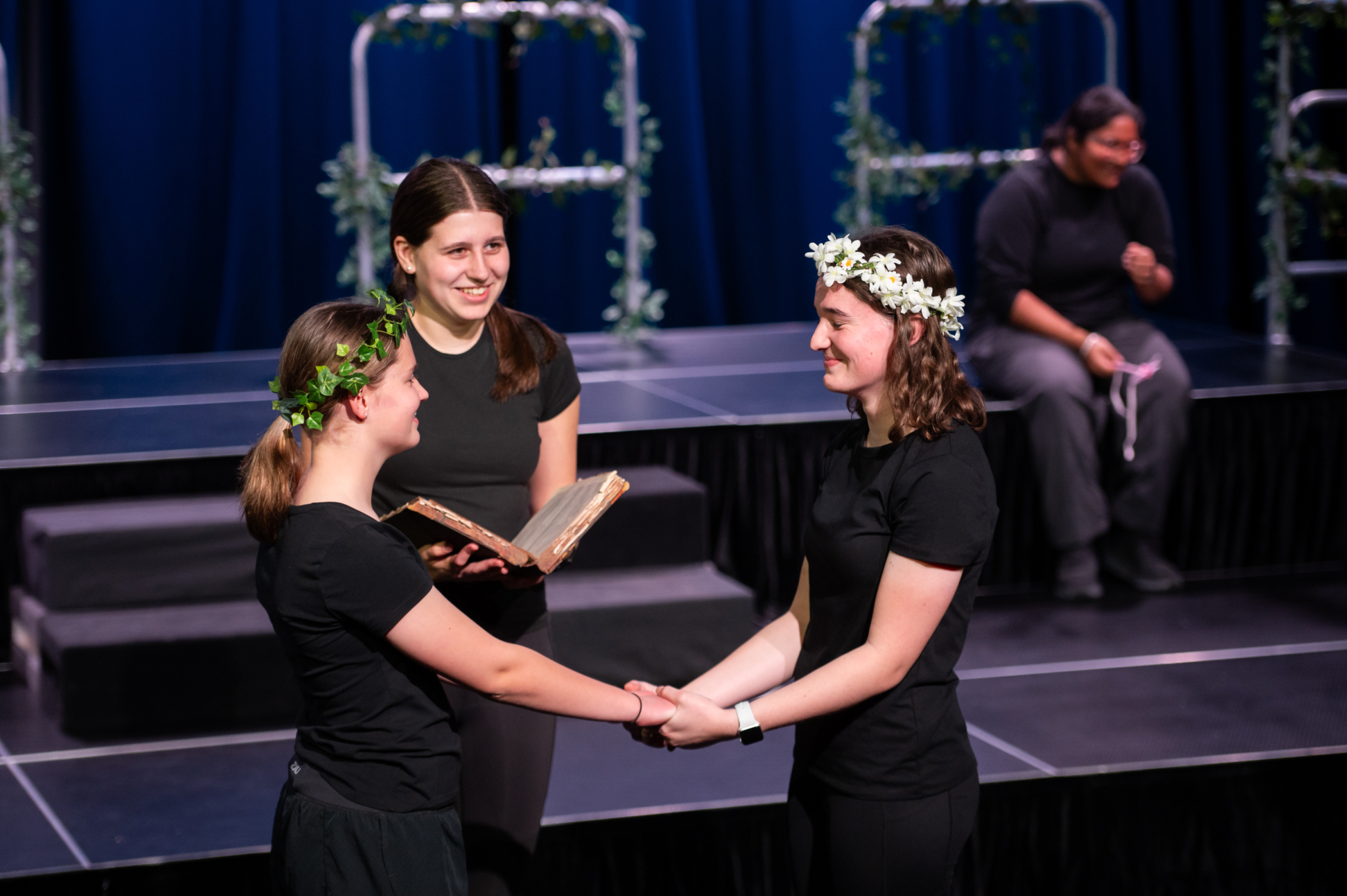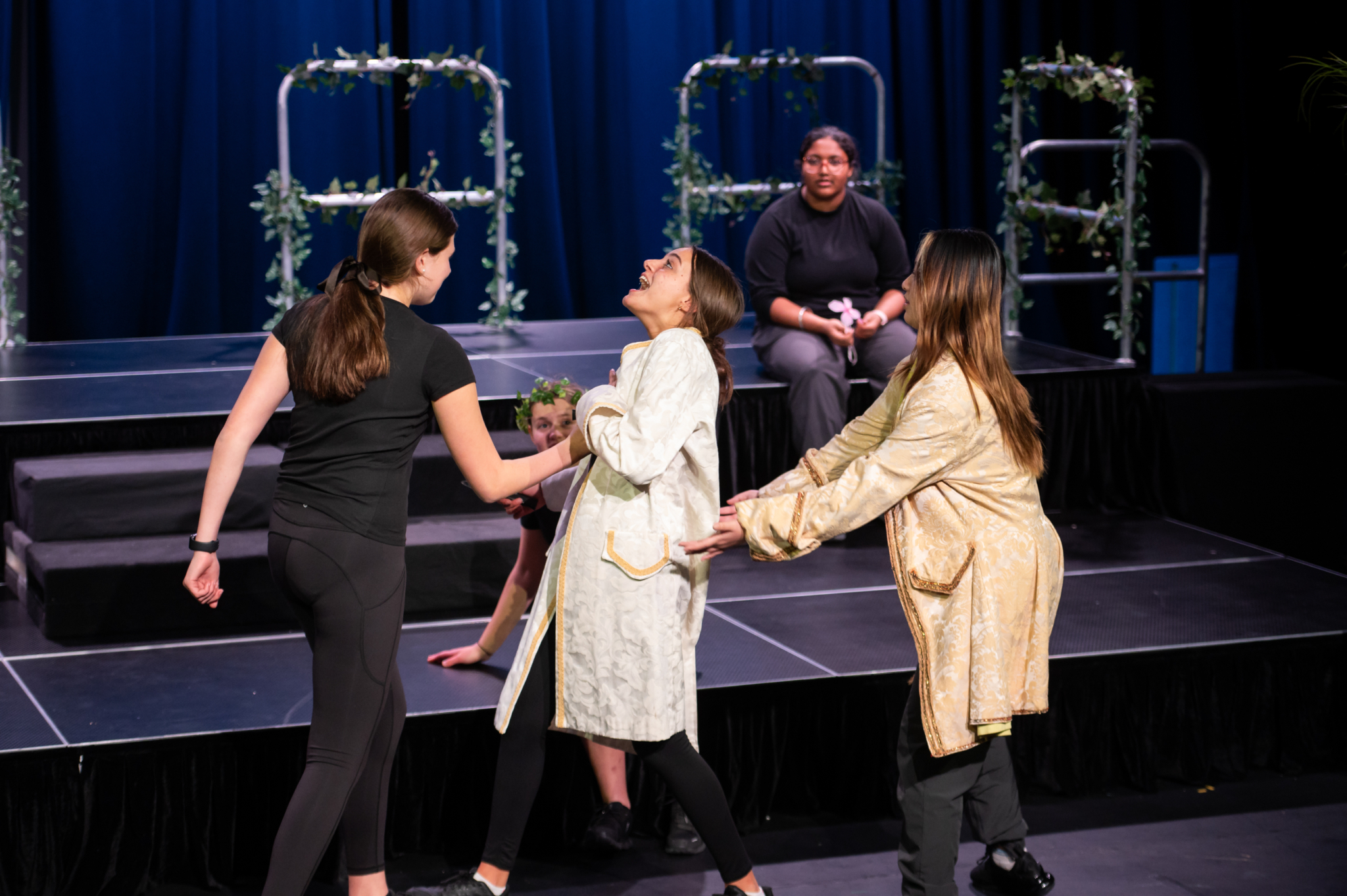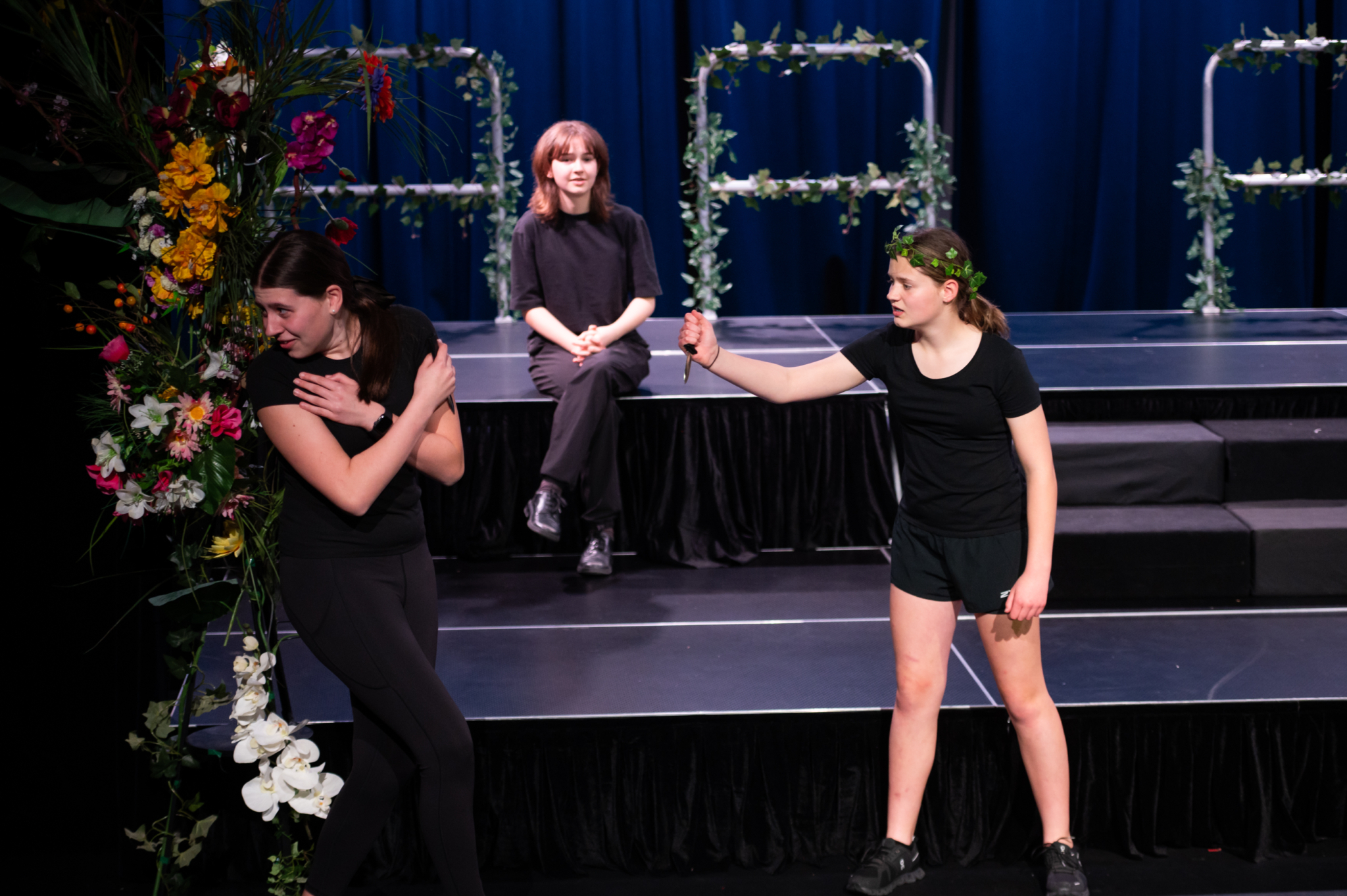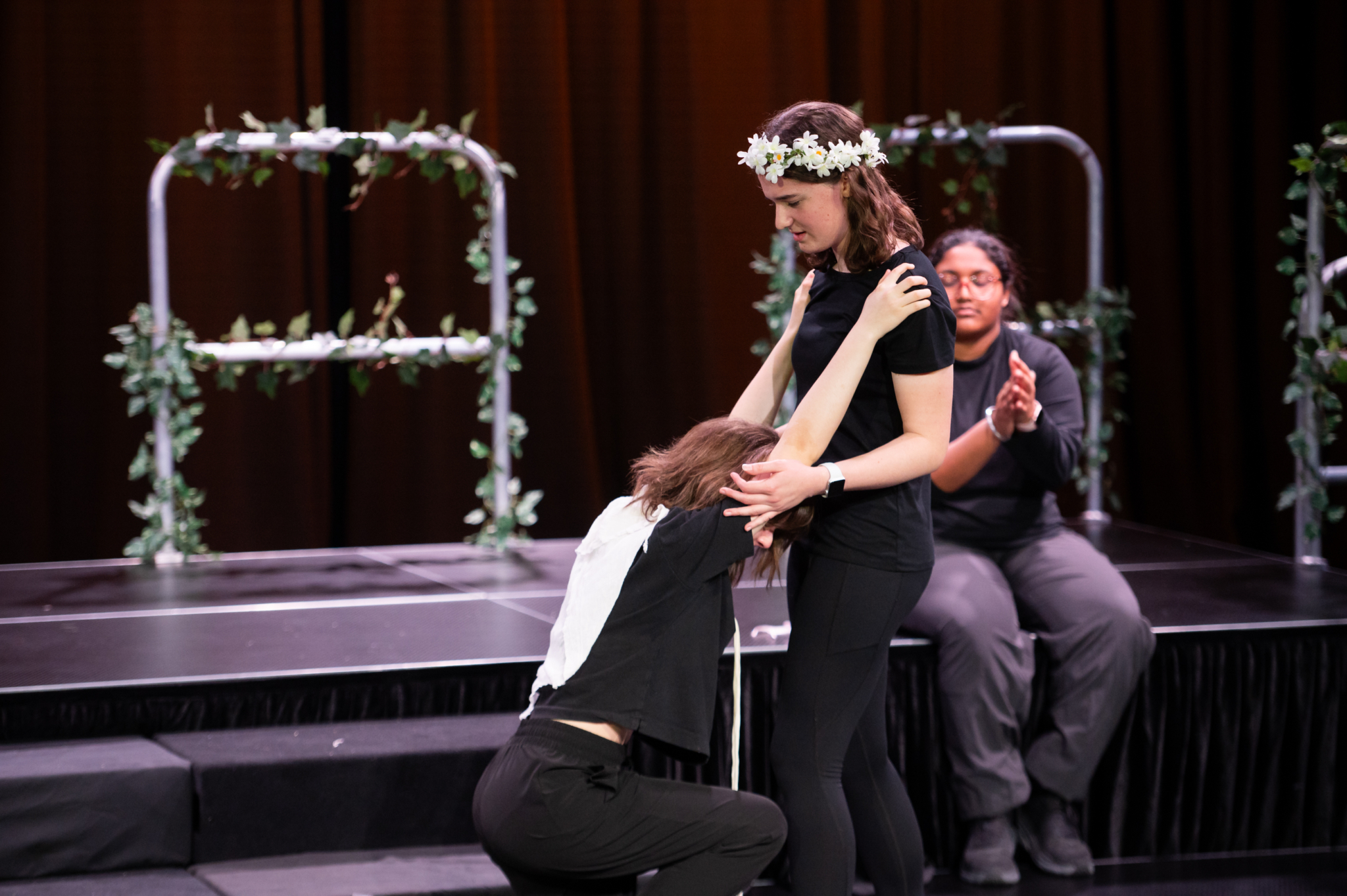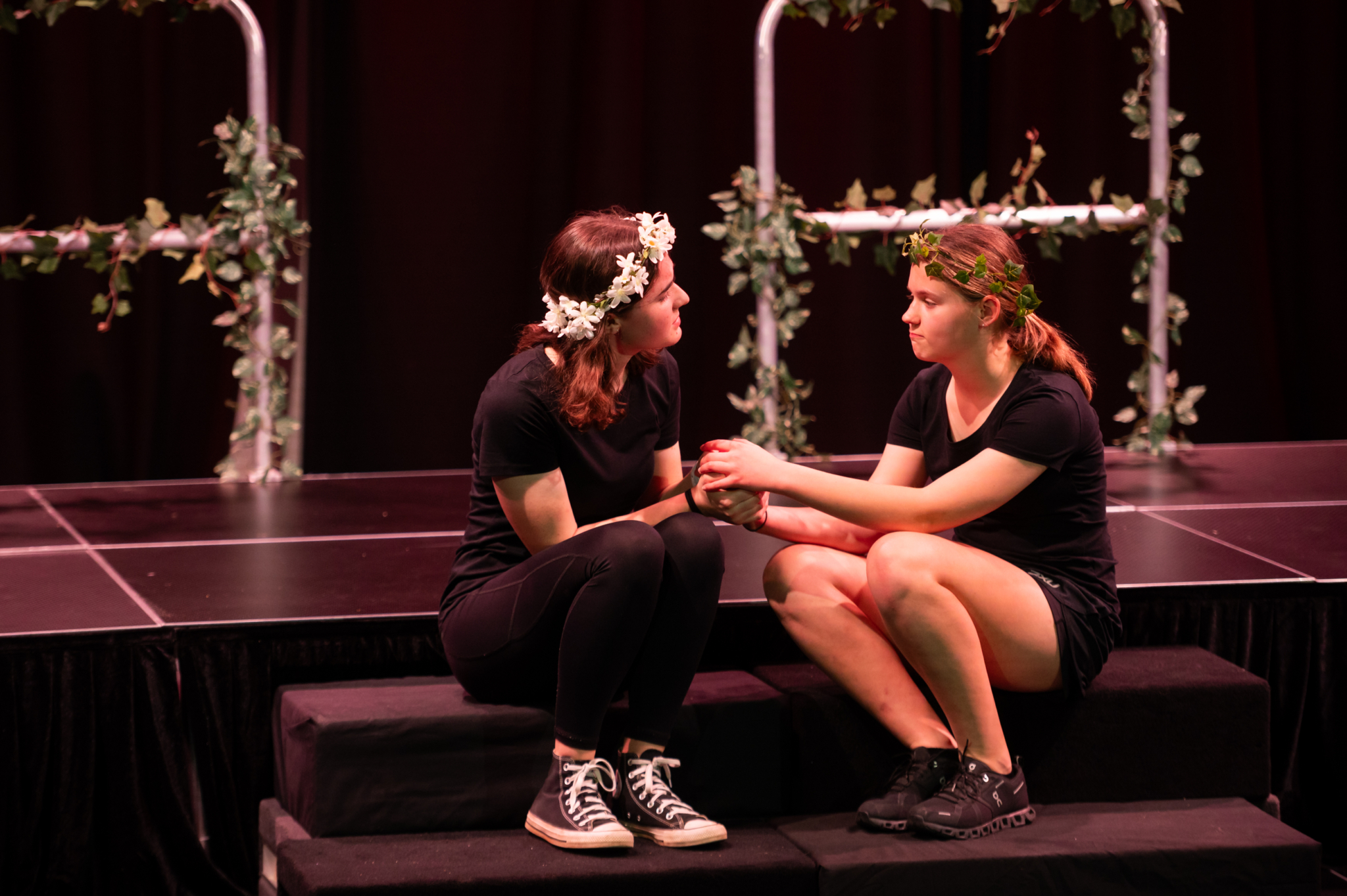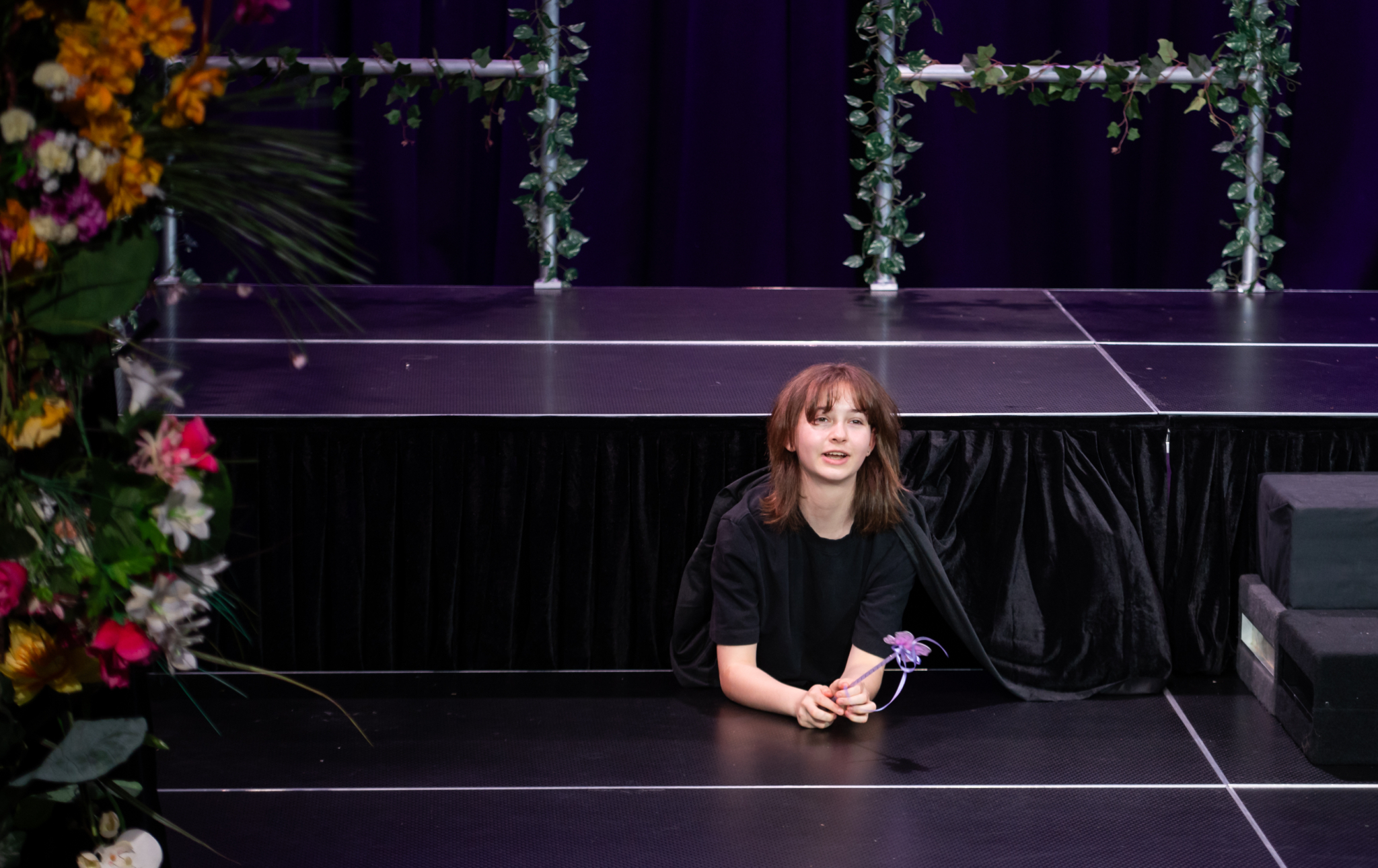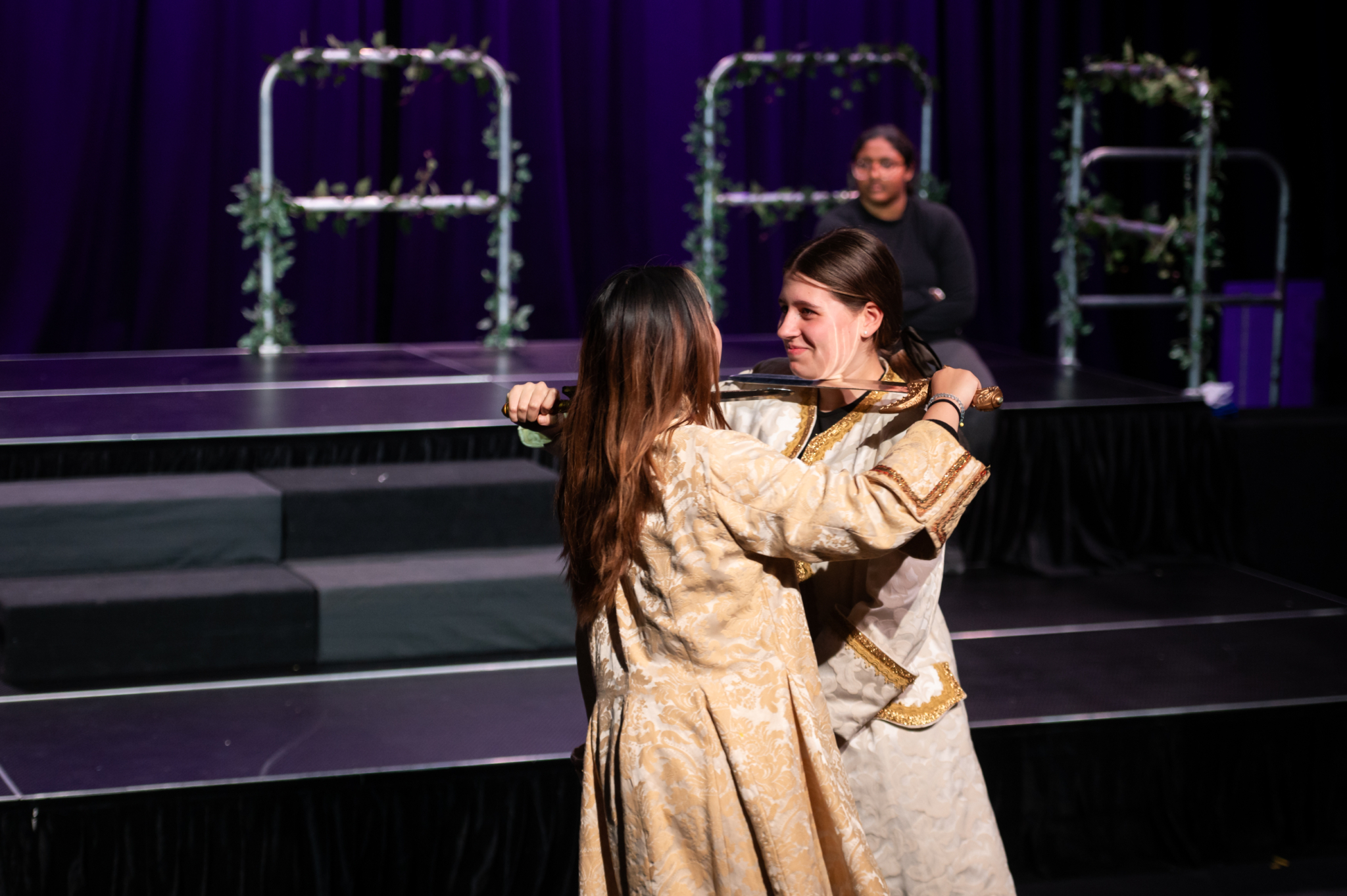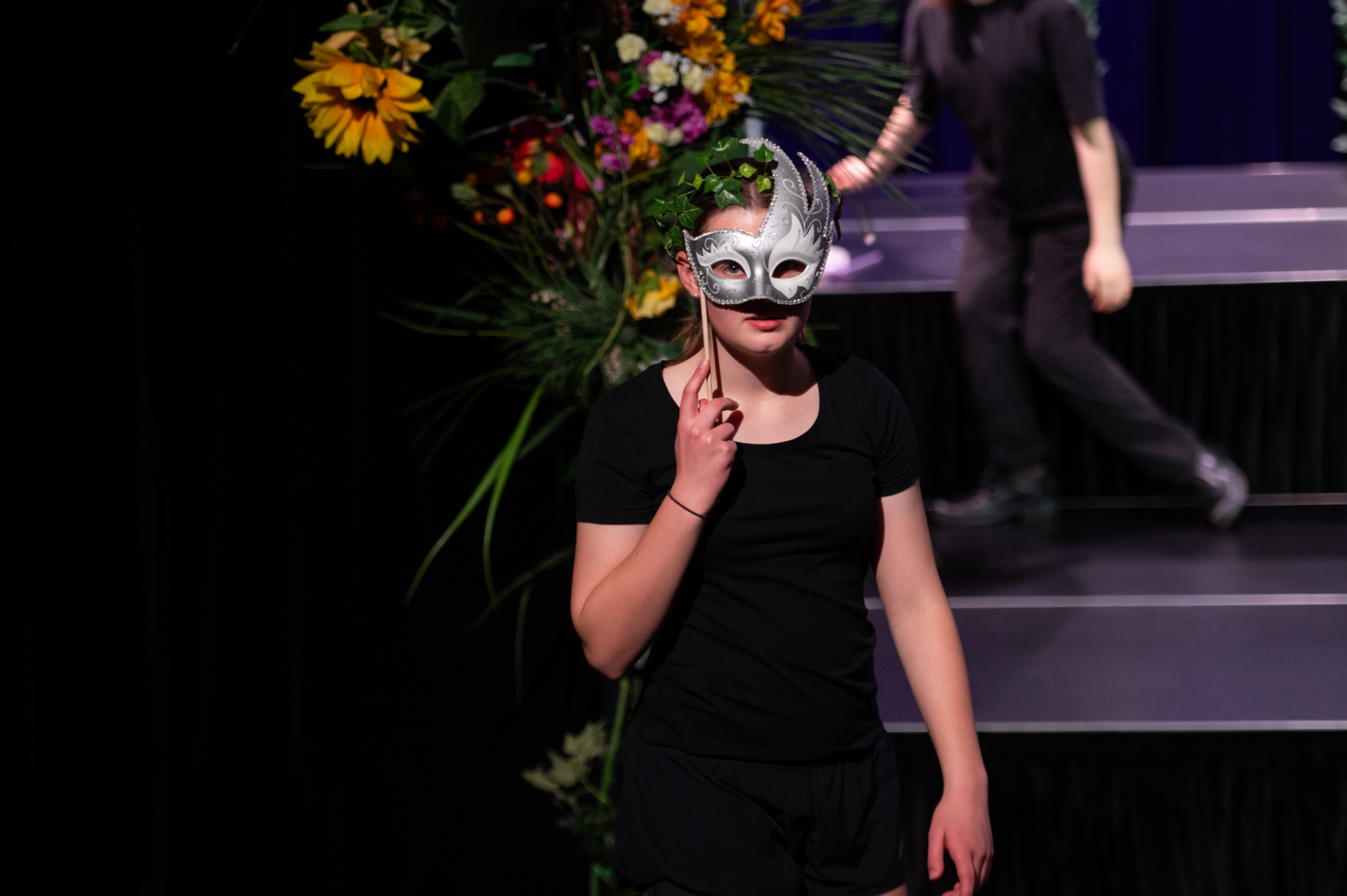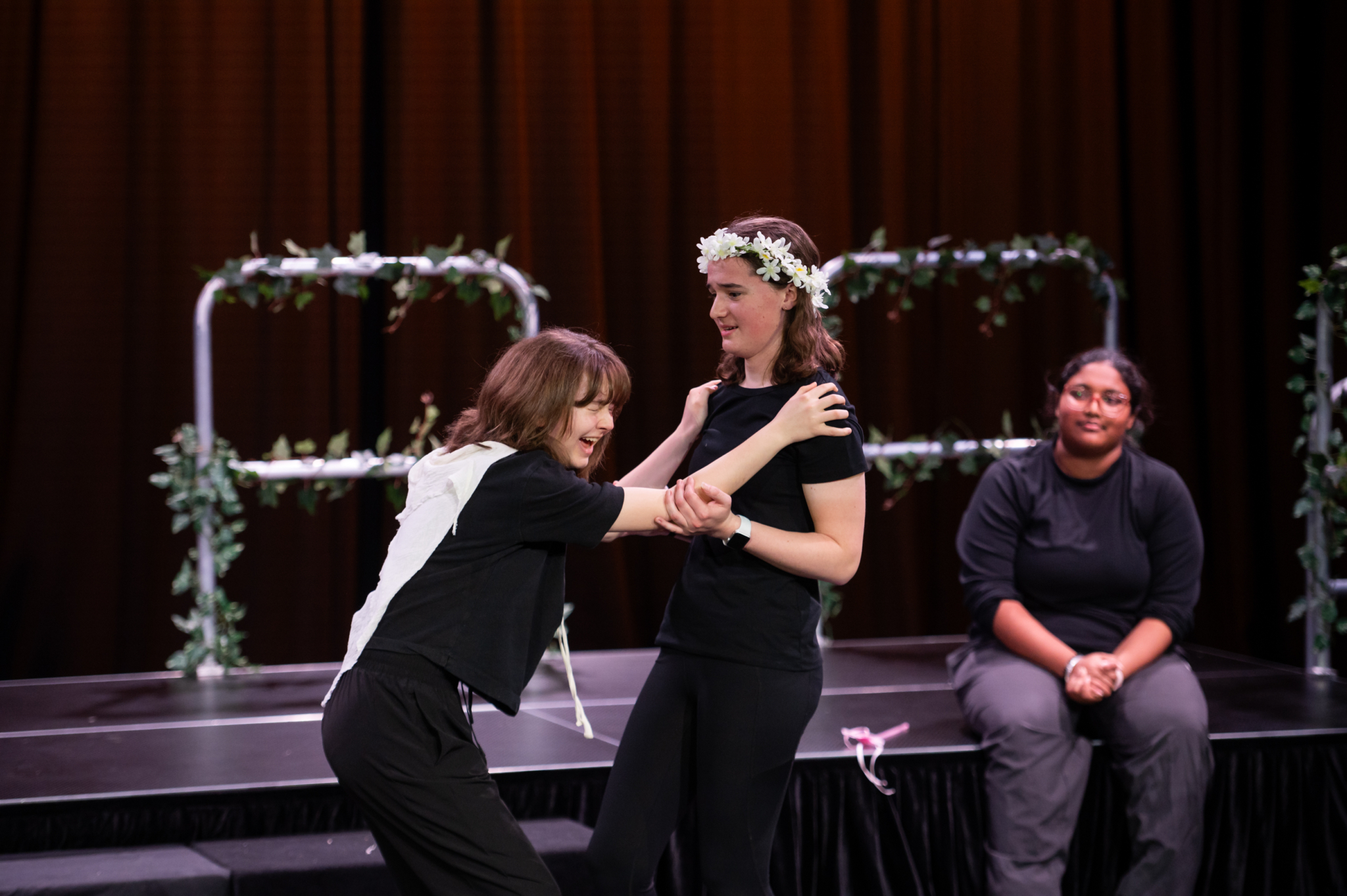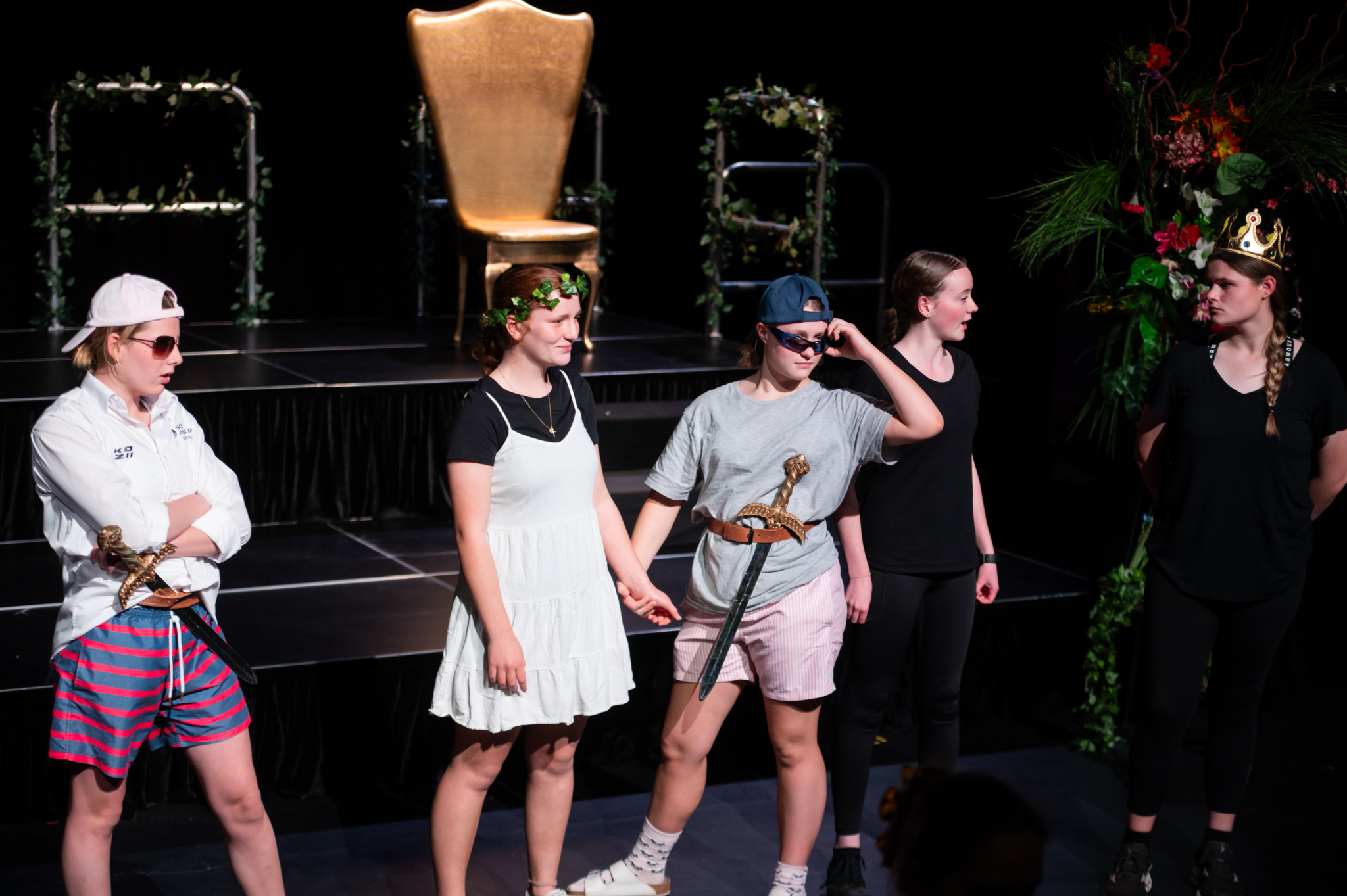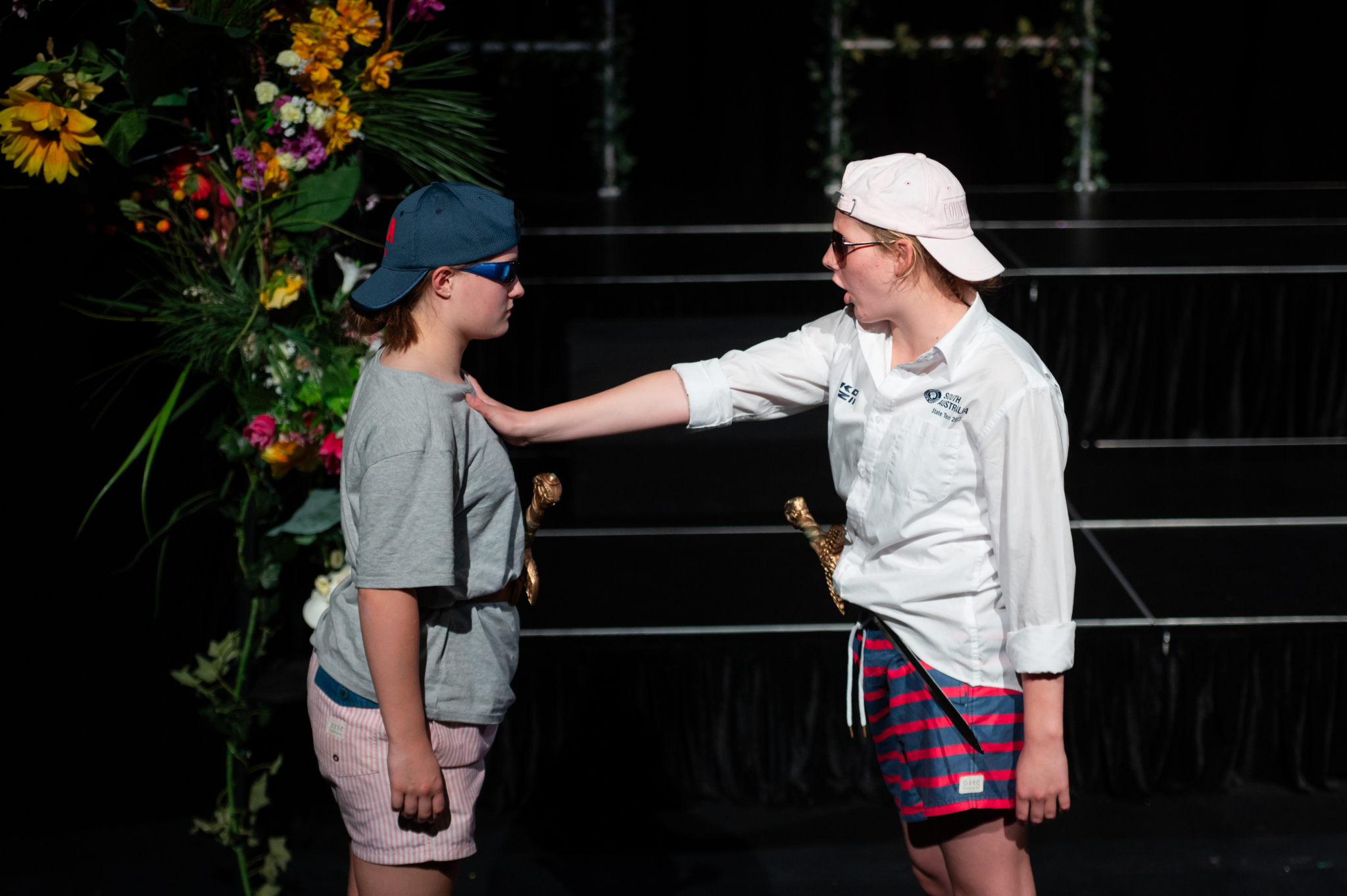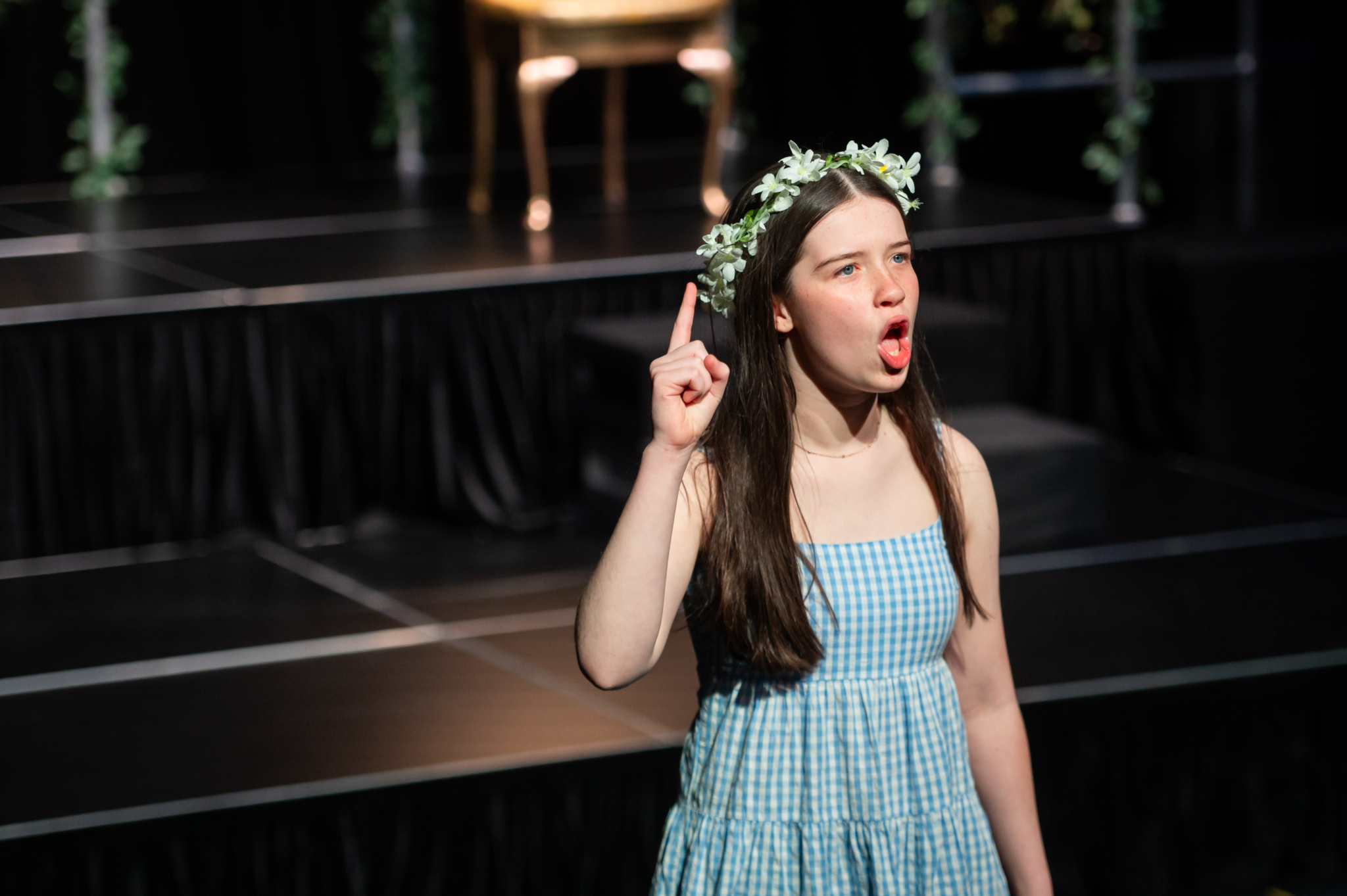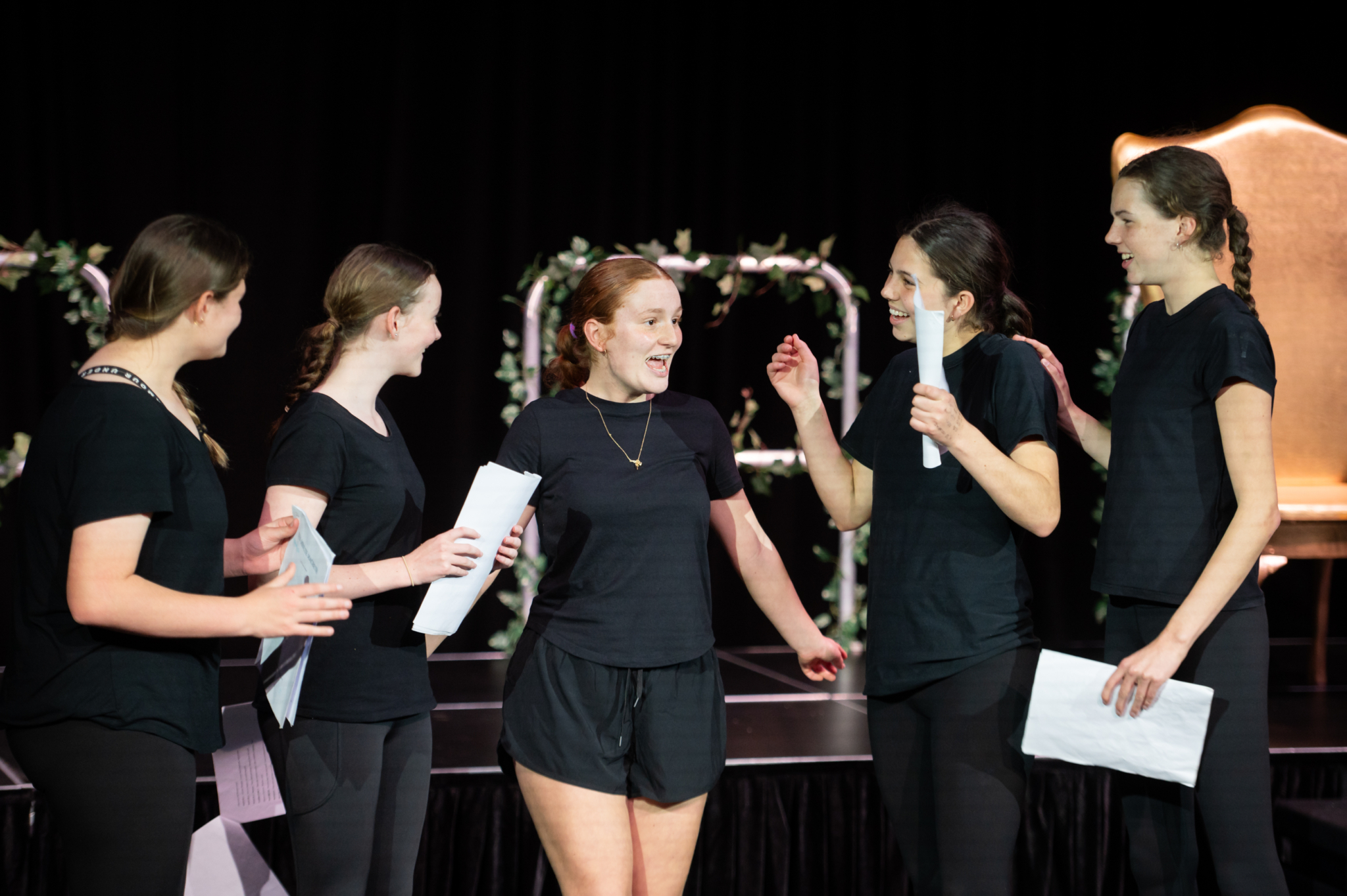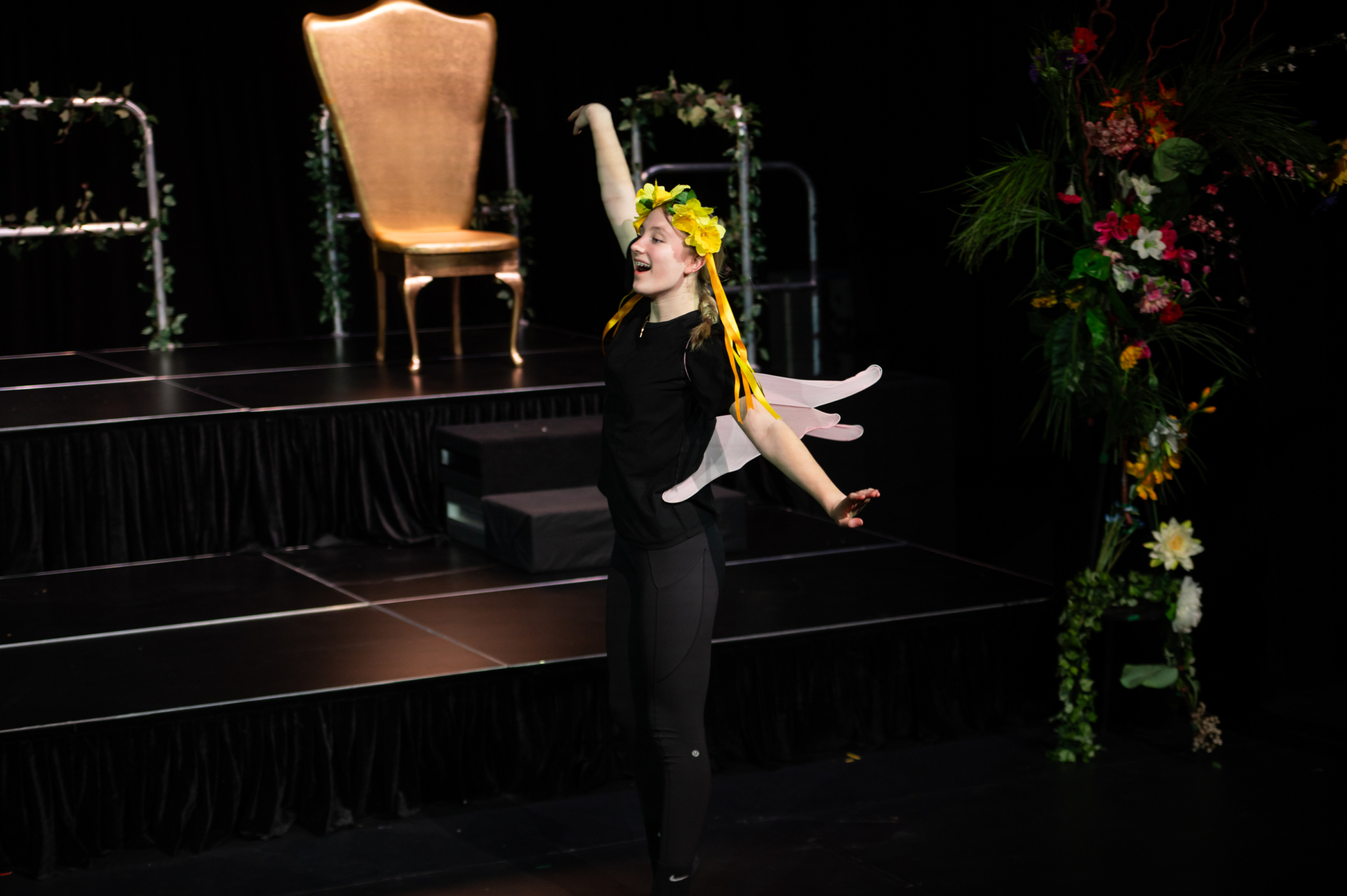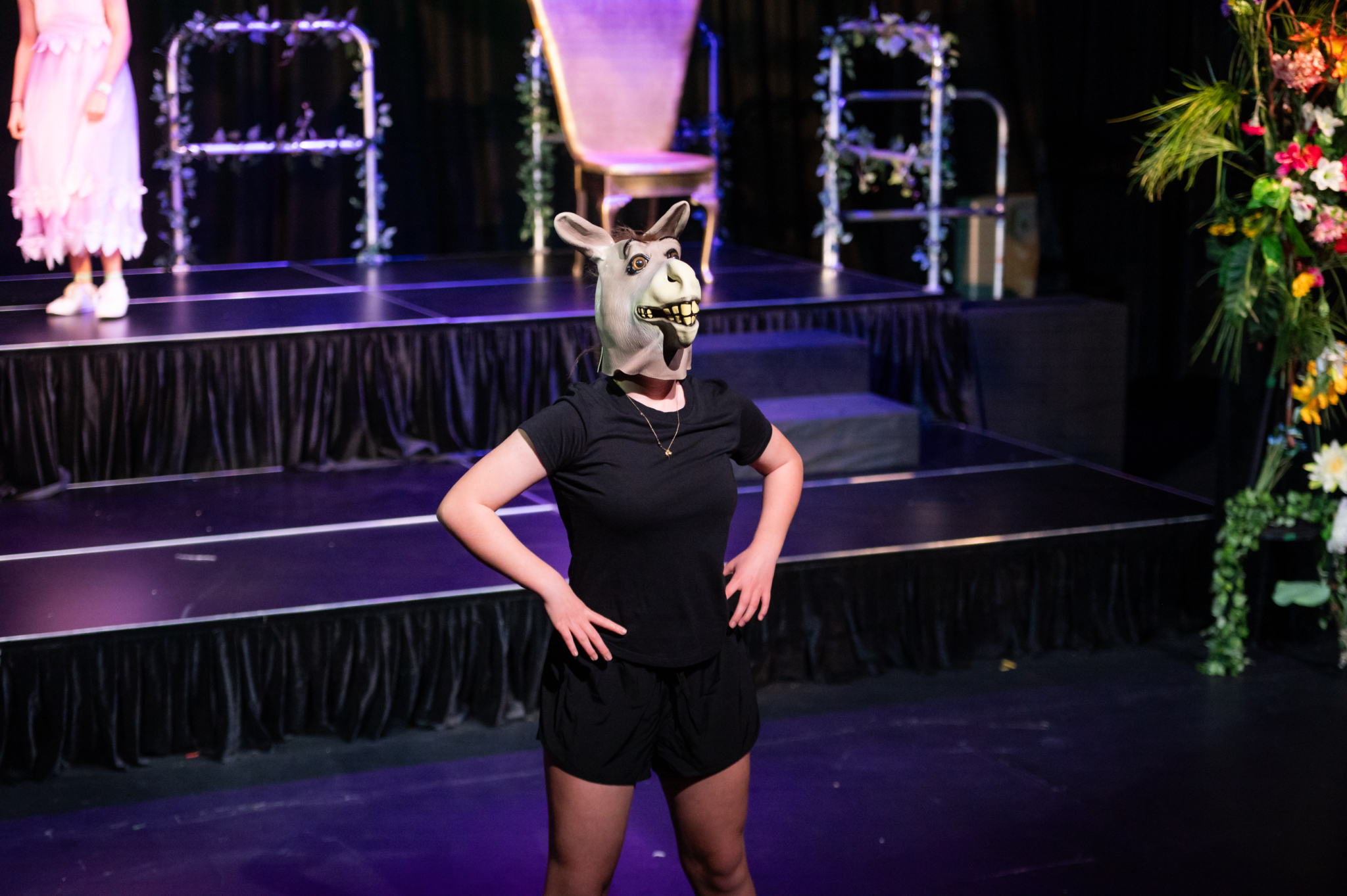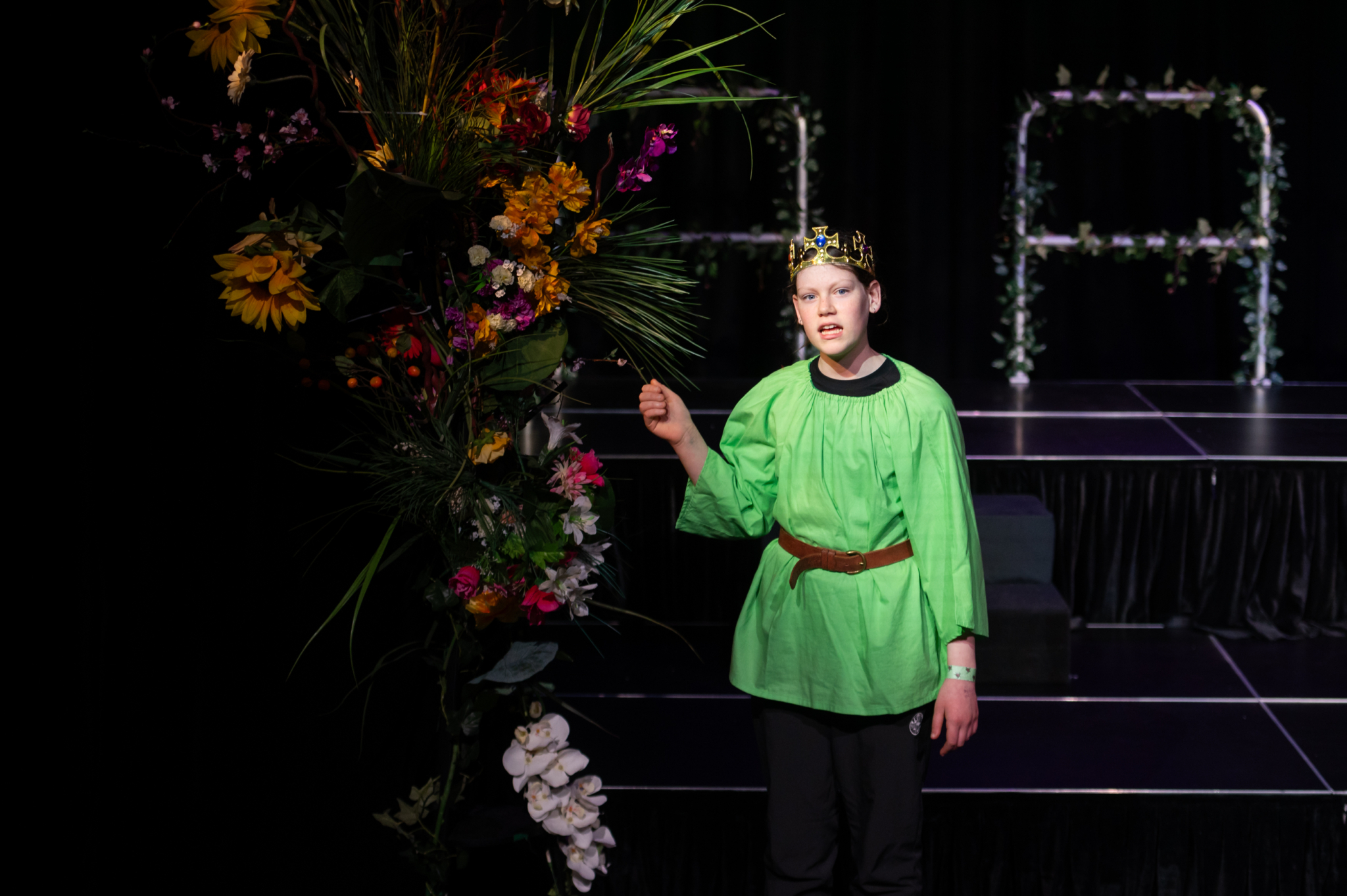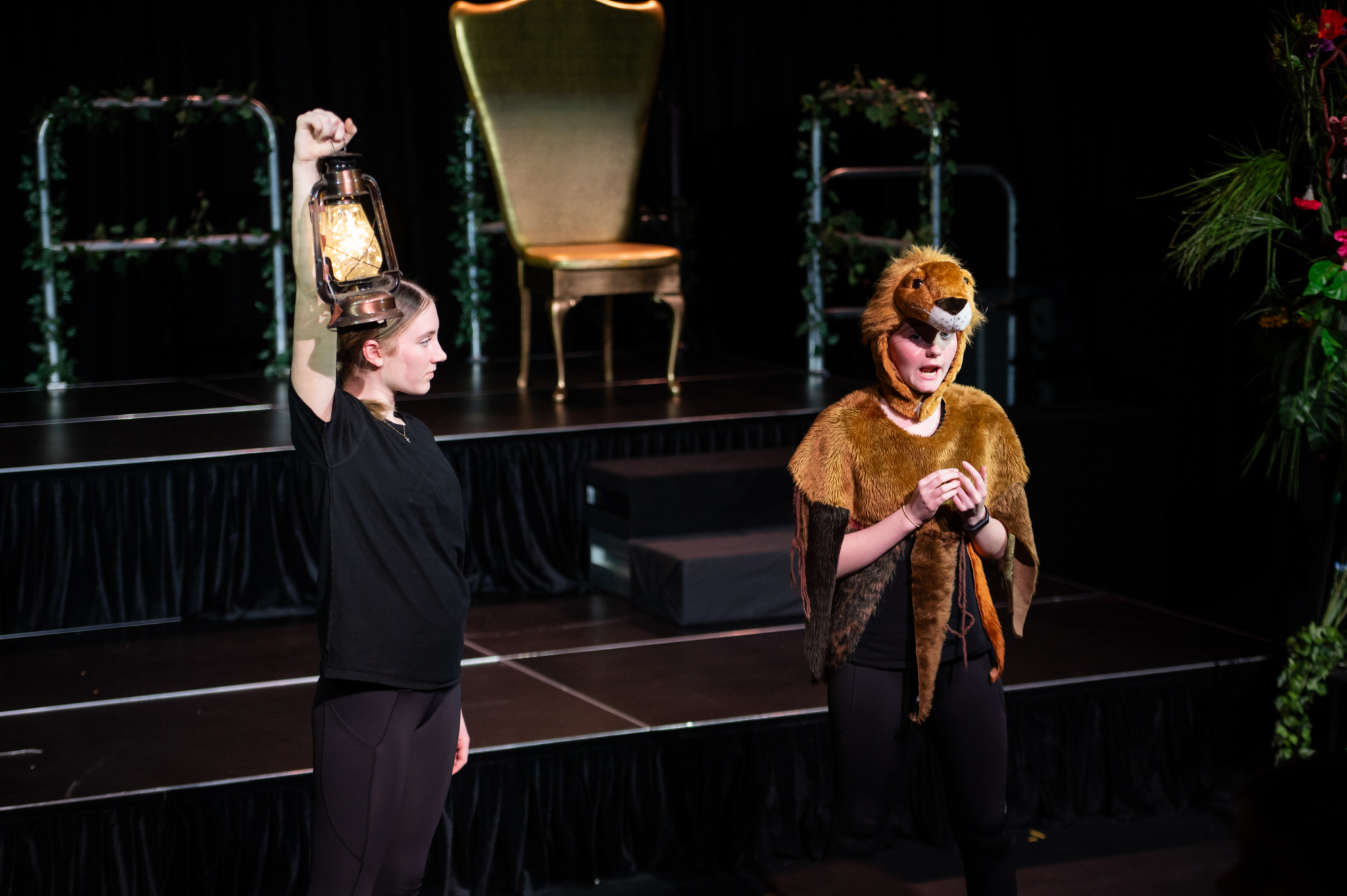Sunday 10 September to Saturday 30 September
REALISE Core Group 3
Crawford Campus
Sunday 24 September to Friday 29 September
Year 8 Outdoor Education Camp – Group 2
Monday 25 September to Friday 29 September
Year 6 Canberra Excursion
Wednesday 27 September
IGSSA Athletics Carnival
9.00am to 2.30pm
SA Athletics Stadium – Mile End
Wednesday 27 September
Prince Alfred College Music Concert
7.00pm to 9.00pm
Prince Alfred College
Thursday 28 September
Year 12 Lunch – Cedar House
1.00pm to 2.00pm
The Chrysalis
Friday 29 September
Final Day of Term 3
Saturday 30 September to Sunday 15 October
School Holidays
Saturday 30 September to Tuesday 3 October
SONY Camp
St Peter’s College
Monday 9 October to Friday 13 October
Pre-Season Rowing Camp
Waikerie
Sunday 15 October to Saturday 4 November
REALISE Core Group 4
Crawford Campus
Monday 16 October
First Day of Term 4
Year 8 Camp
Safe travels to the Year 8 students who are heading to the Grampians on Sunday morning. They have spent time this week practising how to pitch their tents and a number of other skills they will need when they arrive at Roses Gap. We know they will have an amazing time and look forward to sharing pictures in the next edition of Life in the Wilderness.
Oliphant Science Awards
The Oliphant Science Awards is an annual competition for South Australian school students that aims to support, encourage and celebrate Science education within South Australian schools. Congratulations to Nidhi Sinhal (Year 7), who will be awarded a prize in the Oliphant Science Award Presentations in October.
Australian Maths Competition
At the start of the term, many of our girls sat the Australian Mathematics Competition. This is a nationwide event that challenges their problem-solving abilities. An impressive 19 Middle School girls achieved a distinction, placing them within the top 20% of all participants. Special mention should be given to Amber Trappel (Year 7), Isabella Nguyen (Year 8), Athena Retnaraja (Year 9) and Paris Ung (Year 9), who received the highest marks in their respective year groups.
Congratulations to all girls who took part.
Bebras Computational Thinking Challenge
Bebras is an international initiative aiming to promote computer science among school students of all ages. The Bebras challenge is open twice a year to Australian students in Years 3 to 12, and engages students' computational thinking and problem solving skills in a fun, interactive environment. Congratulations to the following girls for their achievements in this competition.
Merits – Year 8
- Annika Ganesh
- Sarah Mah
- Manha Abaid
- Bella Pasin
- Saanvi Khanna
- Mihika Kanhere
- Addison Raeside
Credits – Year 7
- Asha Dan
- Miaomiao Zhu
- Lucy Davis
- Yilin (Ella) Gu
- Chenuthi Navartne
- Edie Lydeamore
- Selin Cinar
- Sharon Zhai
Credits – Year 8
- Seraphina Sun
- Ava Cabot
- Nora Tariq
Distinctions – Year 7
- Nidhi Sinhal
- Emma Clutterham-Smith
- Amber Trappel
Distinctions – Year 8
- Poppy Ritchie
- Alexandra Pringle
- Bella Nguyen
High Distinctions – Year 7
- Alice Richardson
- Meng-meng Deng
- Sirui Tang.
Year 9 Drama Production
Please enjoy the photographs below from the Year 9 Drama Production. The girls presented three short Shakespeare performances, performing condensed renditions of Macbeth, A Midsummer Night's Dream and Romeo and Juliet.
Tournament of Minds
The Year 8 Wilderness Tournament of Minds (TOM) team – comprising of Ava Cabot, Hannah Elsbury Sun, Saanvi Khanna, Bella Nguyen, Madeline Perry, Seraphina Sun and Nora Tariq – received runners up honour medals for their impressive presentation of women winning the right to vote in Australia in the Social Sciences category.
Bella Nguyen reflected on being part of the competition below:
TOM was an enlightening experience that allowed us to collaborate in a team and express our creativity with each other. We also developed our critical thinking skills when solving challenges and were able to grow our friendships and connections.
Year 8 Wellbeing Program
The 2023 Year 8 Wellbeing Program, ‘Permission to Feel’, centred on enhancing emotional intelligence skills, targeting five key aspects:
- recognising emotions in oneself and others
- understanding the causes and consequences of emotions
- labelling emotions accurately
- expressing emotions appropriately
- regulating emotions effectively.
The purpose of this unit was to develop our girls’ critical thinking and social and emotional capabilities so they feel equipped to navigate through the challenges of school and adolescence.
One of this offering’s standout features was its emphasis on self-awareness and the notion of our girls being ‘Emotion Scientists’. Girls were encouraged to be curious, open-minded and non-judgemental as they were given the opportunity to journal and reflect on their thoughts and emotions underpinned by the ‘Mindful Process’ concept. Through various activities and discussions, the girls gained a deeper understanding of emotional cues and micro-expressions, and developed their unique stress signature, to significantly improve their ability to recognise emotions in both themselves and others.
Students were exposed to the art of questioning and provided with a questioning framework to explore the triggers behind their emotional responses and the ripple effects these emotions can have on people’s lives. This knowledge empowers them to make more informed choices about how to respond in different situations and how to support and care for others.
Accurate emotion labelling was another crucial aspect of the program. By expanding the girls’ emotion vocabulary and giving them the language to describe their feelings precisely, they became better equipped to communicate with peers and adults about their emotional states. This skill promoted healthier and more productive conversations, contributing to a more supportive and empathetic school community.
Expressing emotions appropriately was also a focus, with students learning various strategies for effectively and appropriately conveying their feelings. This is particularly valuable in preventing emotion suppression and emotion leakage, helping to foster open dialogue about emotions, both of which are essential for relationships and overall wellbeing.
Perhaps the most transformative aspect of the program was its attention to emotion regulation. Students were taught practical techniques to manage and regulate their emotions effectively, culminating in the collaborative design of products emulating an action plan for self-regulation.
The ripple of this program is illustrated in their co-designed Year 8 Emotion Charter—a reminder of how their cohort collectively wants to feel in the Wilderness ecosystem and how they can individually make it happen.
Andrew Mittiga
Acting Head of Cedar House/Wellbeing Program Coordinator
